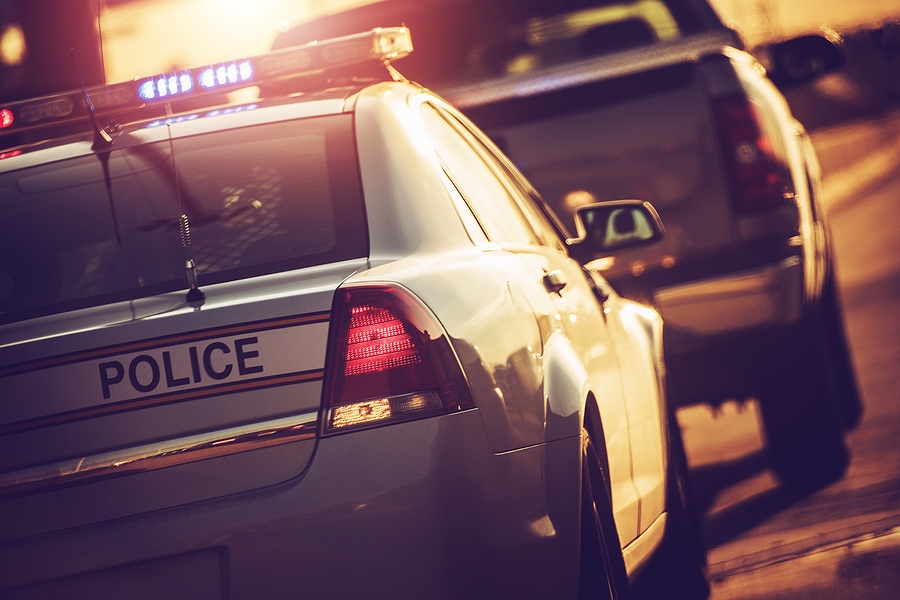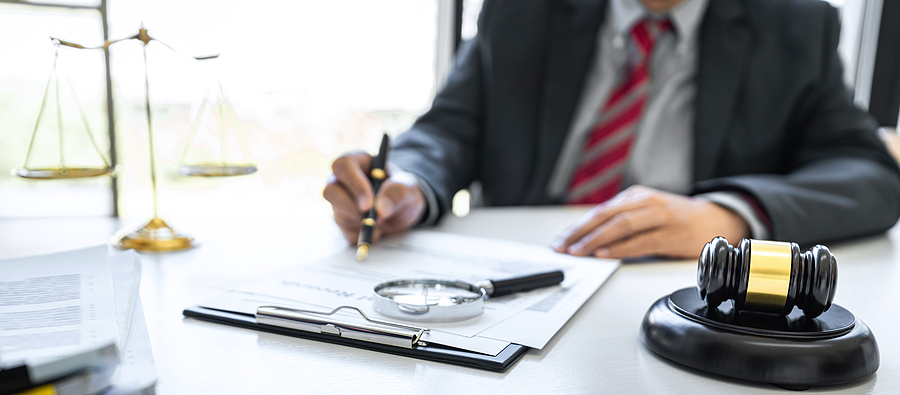Within the domain of criminal law, the notion of probable cause is essential to guaranteeing people’s rights and freedoms. Law enforcement officials should abide by stringent criteria and requirements to establish probable cause for an arrest, especially in drug-related instances. Both law enforcement organizations and the accused parties should, therefore, comprehend the subtleties of probable cause in drug-related arrests. Why? It’s the legal pretext that law enforcement authorities require to suspect that a crime is being committed or has already been committed. Here are three typical scenarios:
What Is Probable Cause?
Table of Contents
Before seeking the help of a drug crime lawyer, you should first understand the nuances of probable cause.
According to legal definitions, probable cause is the undeniable suspicion that someone has committed or is committing a crime. It suggests that during drug arrests, law enforcement officials need sufficient proof or facts to conclude that a person is engaged in actions related to illegal drugs. The purpose of this constitutional criterion is to shield people against arbitrary detentions and searches.
People are protected from arbitrary searches and seizures by the Fourth Amendment of the US Constitution. In justifying law enforcement activities, such as obtaining search warrants, making arrests, or conducting searches without a warrant in emergencies, probable cause is a critical component.
Probable Cause Scenarios
Now that you understand probable cause and its existential purpose, here are three situations in which it could come into play.
1. Testimony Statements
If a trustworthy witness claims to have seen you using drugs, the authorities may have good reason to look into the matter further. This might entail:
Witness testimony: A neighbor or other third party may report to the authorities that they witnessed you selling drugs out of your home.
Information from critical informants: A probable cause might be shown by an undercover police officer or a confidential informant who saw you purchasing or distributing drugs. But first, the police must determine how trustworthy the informant is.
Important information: Not every tip is treated equally. For example, an anonymous tip from a resentful person is unlikely sufficient to prove probable cause by itself.
2. Car Searches and Traffic Stops
Law enforcement agents can stop you while driving for several infractions, like speeding or having a broken taillight. Officers can assume drug-related conduct during these stops based on visible indicators such as anxious behavior or a marijuana odor. They can search your car if they have a good reason to suspect something. They require probable cause to go beyond what is initially apparent in their search.
Again, suspicious behavior, plainly visible narcotics or drug paraphernalia, or information from informants can all be considered probable cause for a traffic stop. Any evidence discovered during a search without probable cause by the officer can be declared inadmissible in court, which could result in the charges being dropped.
3. Search Warrants
The police can ask a judge for a search warrant if they have good reason to think drugs are hidden somewhere. In such an event, they can search a particular area for evidence using this warrant. Yet, the police officer should provide the judge with information that establishes probable cause to get a warrant.
Here are some instances of how to prove probable cause to obtain a search warrant:
- Police Observations: During a legitimate traffic stop or while responding to a call, officers may notice drug paraphernalia or suspicious activities in the open. For instance, they might notice drug packages out in the open or smell marijuana coming from your automobile.
- Alerts from K-9 Units: A police dog trained to detect the presence of drugs can be a probable cause that a lawful stop can demonstrate.
Conclusion
Therefore, it is paramount to remember that you have the right to remain silent if you are arrested on drug-related charges. Before responding to any inquiries about your actions or drug usage, get legal advice from a drug crime lawyer. They can guarantee that your rights are upheld and offer advice on the best course of action.
Remember that the legal idea of probable cause is complicated. These scenarios are but a few instances. You should obtain legal advice from a knowledgeable drug criminal attorney if you’re facing drug-related accusations. They can examine the specifics of your case, assess whether the police had a good reason to search you or make an arrest, and defend your rights in court.
Image Source: BigStockPhoto.com (Licensed)
Related Categories: Legal, Reviews








